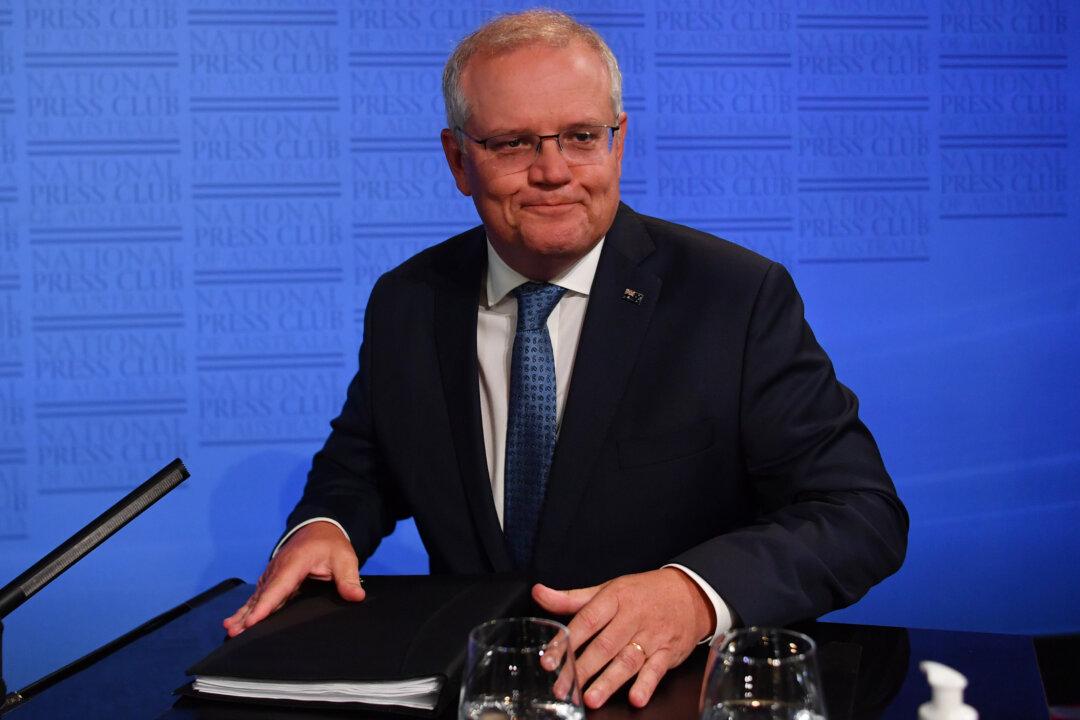Almost half of all Australians (47 percent) have said that the CCP virus pandemic has made them more stressed, and social distancing orders have left almost the same amount feeling lonely or isolated, according to a new study by Australian National University (ANU).
New data from the survey highlighted the impact of social distancing and the resultant economic turmoil caused by the CCP (Chinese Communist Party) virus, commonly known as novel coronavirus. It has impacted relationships and people’s financial situations, particularly for young people.





